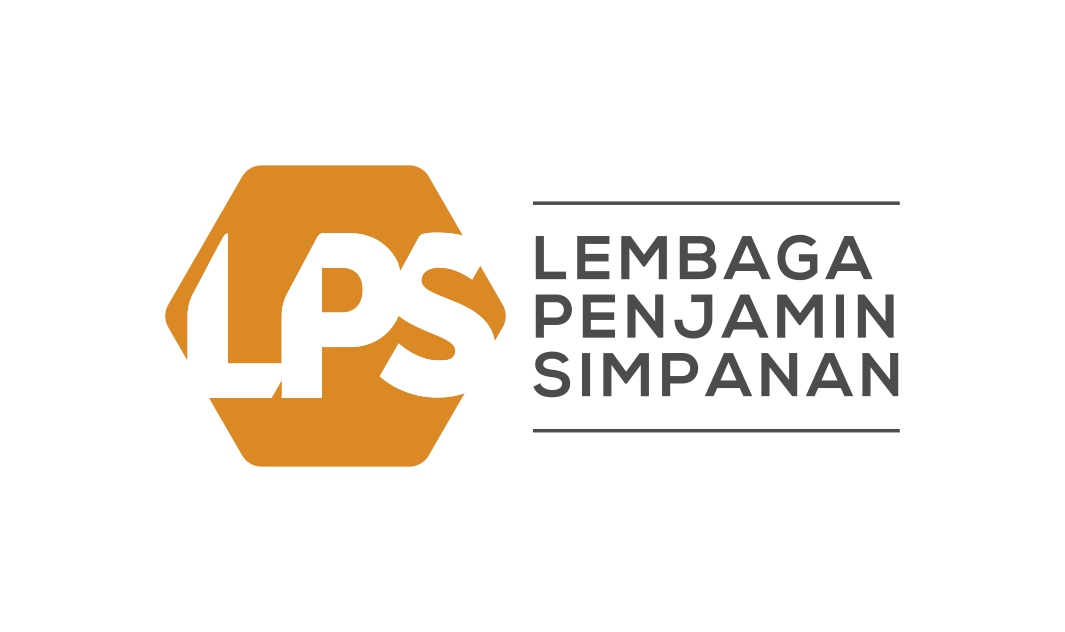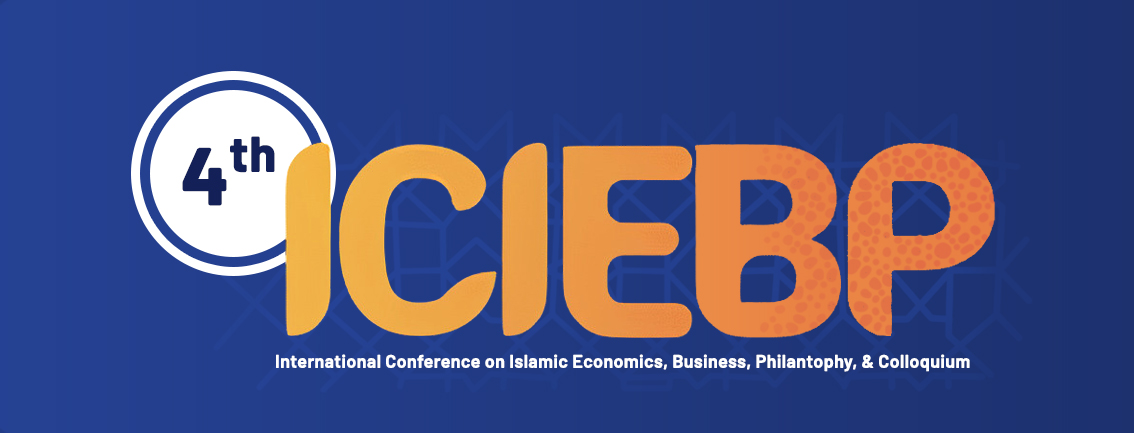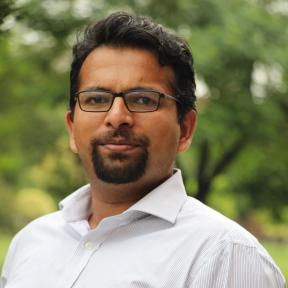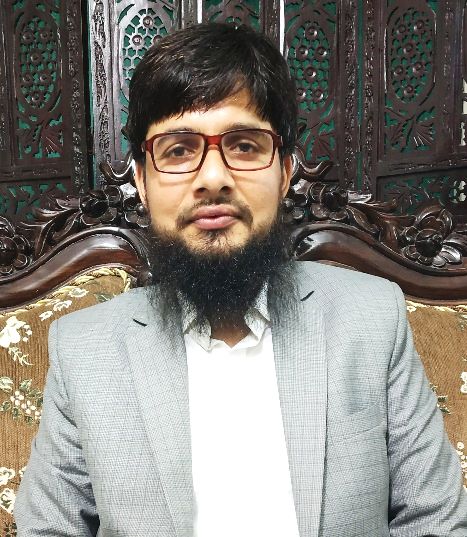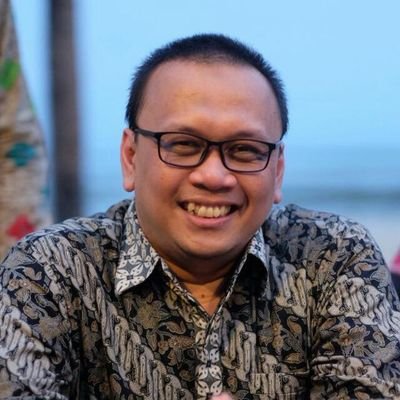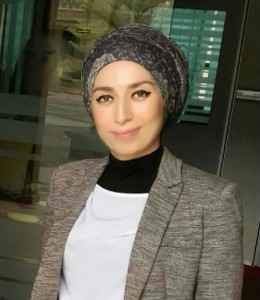The UN adopted a set of seventeen SDGs in 2015 and unveiled a new global development agenda for 2015 through 2030. According to the UN, The SDGs are a global agenda that serves as a unifying framework for comprehensive development. The goal is to solve the global difficulties that both people and the earth face while planning for a better and more sustainable future. The elimination of poverty, addressing climate change and environmental degradation, enhancing human health and education, and a number of other objectives spanning environmental and socioeconomic development are prominent among the objectives.
From the Islamic scholar's point of view, even though there is some SDGs value that need to be discussed, The SDGs are in line with Islamic teachings. For example, Islamic social finance, such as zakat and waqf, is an essential element in realising SDGs which can be concluded into most of the 17 goals of SDGs. Furthermore, there is no significant difference between the maqasid al-Shariah and the SDGs as they are compatible with each other, which is establishing maslahah (common good) and preventing mafsadat (harm).
In conclusion, it is interesting to explore the red line between SDGs and Islamic Economics, Finance and philanthropy, since they collaborate with each other to the common goals. Through this international conference, it is very important to identify the concept of SDGs as well as Islamic Economics, and discern on how the integration of Islamic economics could cater the goals of the SDGs for the common good.
The success of the 1st, 2nd ICIEBP 2017 and 2018 in Universitas Pendidikan Indonesia (UPI) Bandung and Universitas Airlangga (UNAIR) Surabaya, Indonesia that brought a wide range of participants did not stop the courage of us to conduct the 3rd ICIEBP virtually on 2020 adapting the pandemic situation in mind that the conference attendees gained vital insights into Islamic economics from different viewpoints. Moreover, to maintain the continuity of the Islamic Economics conference in presenting insights, sharing, and executing ideas presented by innovative researchers, experts and practitioners, organising these innovative discussion forums at the highest level is necessary.
Therefore, the Department of Islamic Economics Faculty of Economic and Business Universitas Airlangga, in collaboration with the Department of Islamic Economics Faculty of Economics and Business Education, UPI proudly presents "The 4th International Conference on Islamic Economics, Business, and Philanthropy (ICIEBP)" that will be held on 4 - 5 October 2022 in Surabaya, Indonesia. The theme, as well as the main objective, of the conference, is "Integration of Islamic Economics, Finance and Philanthropy for Sustainable Development of Cities and Communities". This conference program will elaborate on how a nation can achieve sustainable development and at the same time solve socioeconomic problems such as poverty. In addition, the Islamic perspective as a new and emergent pattern has demonstrated an unprecedented performance in terms of transforming Muslim societies and beyond.
CALL FOR PAPERS & COLLOQUIUM
The 4th International Conference on Islamic Economics, Business, Philantophy, and PhD Colloquium
"Integration of Islamic Economics, Finance and Philanthropy for Sustainable Development of Cities and Communities"
CALL FOR PAPERS TOPIC
- The importance of integrated Islamic social finance in reducing income gap and poverty
- The role of integrated Islamic social finance in providing quality education
- The role that integrated Islamic social finance plays in ensuring people access to health care and achieve wellbeing
- Recent Technological Development in Islamic Economics, Finance and Philanthropy
- Green and Blue Islamic Finance for Sustainable Development of Cities and Communities
- Halal Industry and Marketing for sustainable International Halal Value Chain
- Islamic Accounting, Auditing, and Performance Changes
- Islamic Entrepreneurship and Sociopreneur for SMEs and Start-ups Business
- Islamic Capital : the role in Boosting Sustainable Economic Growth
- Building Islamic Human Resource in VUCA (Volatility, Uncertainty, Complexity And Ambiguity) conditions.
Conference Scientific Commitee
- Prof. Dian Agustia, Faculty of Economics and Business, FEB UNAIR, Surabaya, Indonesia
- Dr. Nisful Laila, Faculty of Economics and Business, FEB UNAIR, Surabaya, Indonesia
- Dr. Sri Herianingrum, Faculty of Economics and Business, FEB UNAIR, Surabaya, Indonesia
- Prof. Raditya Sukmana, Faculty of Economics and Business, FEB UNAIR, Surabaya, Indonesia
- Dr. Sulistya Risgianto, Faculty of Economics and Business, FEB UNAIR, Surabaya, Indonesia
- Prof. H. Eeng Ahman, Faculty of Economics and Business Education, UPI, Bandung, Indonesia
- Prof. Vanessa Gaffar, Faculty of Economics and Business Education, UPI, Bandung, Indonesia
- Dr. H. A. Jajang W Mahri, Faculty of Economics and Business Education, UPI, Bandung, Indonesia
- Dr. Hj. Aas Nurasyiah, Faculty of Economics and Business Education, UPI, Bandung, Indonesia
- Dr. Syed Aun Raza Rizvi, Faculty of Management Sciences, Lahore University, Pakistan
- Dr. Karim Ullah, Institute of Management Sciences, Hayatabad, Peshawar, Pakistan
- Dr. Hakan Aslan, Department of Islamic Economics and Finance, Sakarya University, Turkey
- Dr. Kamola Bayram, Department of Islamic Economics and Finance KTO Karatay Üniversitesi, Turkey
- Dr. Nissar Ahmad Yatoo, Department of Islamic Economics, Banking and Finance, International Open University
- Dr. Qaisar Ali, Faculty of Islamic Economics and Finance, University Islam Sultan Sharif Ali, Brunei Darussalam
PhD
Colloquium & Webinar
Session 1 :
Tuesday, 2nd November 2021
08.00 a.m.- 03.00 p.m.
(Jakarta TIme GMT+7)
*Only 24 PhD students will be selected to present their dissertations
Registration :
syariah.feb.unair.ac.id
- Open for all PhD students around the world -
- Open for all PhD students around the world -
Session 1 :
Tuesday, 04 Oktober 2022
08.00 a.m.- 03.00 p.m.
(Jakarta TIme GMT+7)
Registration :
*Only 25 PhD students will be selected to present their dissertations
Call for Papers and Webinar
- Open for public -
Session 1 :
Wednesday, 05 Oktober 2022
08.00 a.m.- 03.00 p.m.
(Jakarta TIme GMT+7)
Registration :
Come Join Us!
Session 2 :
Wednesday, 3rd November 2021
08.00 a.m.- 03.00 p.m.
(Jakarta TIme GMT+7)

Webinar Registration :

Ekonomi Islam FEB UNAIR
Registration :
syariah.feb.unair.ac.id
- Open for public -
Important Dates
Call for Paper
27 August 2022
03 September 2022
Deadline for Submission of Abstract
28 August 2022 - 17 September 2022
Submission of Full Paper
10 Days After Submission of Full Paper
Notification of Acceptance / Rejection
04 - 05 Oktober 2022
Conference Dates
Selected paper will have the opportunity to be publish on our journal partners
Scopus : AJAR
Sinta 2 : JEBIS
Sinta 3 : JESTT, AFEBI
Sinta 4 : JEBA, RIEF
OJS Journal : AIJIEF
Registration Fees
International
Presenter Call for Paper/ PhD Colloquium
$25
Co-Author / Participant
$10
Domestic
Presenter Call for Paper/ PhD Colloquium
Rp 250.000
Co-Author / Participant
Rp 100.000
International
Presenter Call for Paper/ PhD Colloquium
$30
Co-Author / Participant
$15
Domestic
Presenter Call for Paper/ PhD Colloquium
Rp 350.000
Co-Author / Participant
Rp 150.000
*The following registration fees do not cover publication fees/Article Publishing Charge (APC) for journals (for selected papers only). The Article Publishing Charge (APC) is subject to the publisher(s) policy. Registration fee does not include accommodation. The payment is non-refundable.
Facilities
- E-Certificate of participant Call for Paper
- Full Access: to all call for paper room, webinar, and colloquium
Available e-certificate for webinar upon request, by registering at :
Submission Guide for Authors
- Download Peer Review Process of ICIEBP 2022
- Download Submission Guidelines and Template Article
- Download Payment Guidelines
- Click this Register link (via Desktop/PC)
- Click this Register link (via Mobile/HP)
You will be able to submit your article after register. All submission processes through the web conference management system.
For further information :
PIC : +6281260079782 (Ubaid)
Hosted By:



Co-Host:

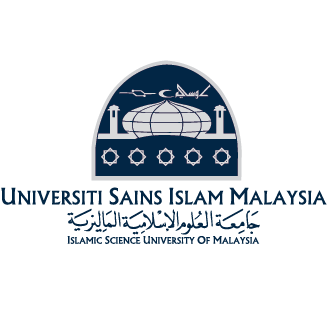
Supported By:
